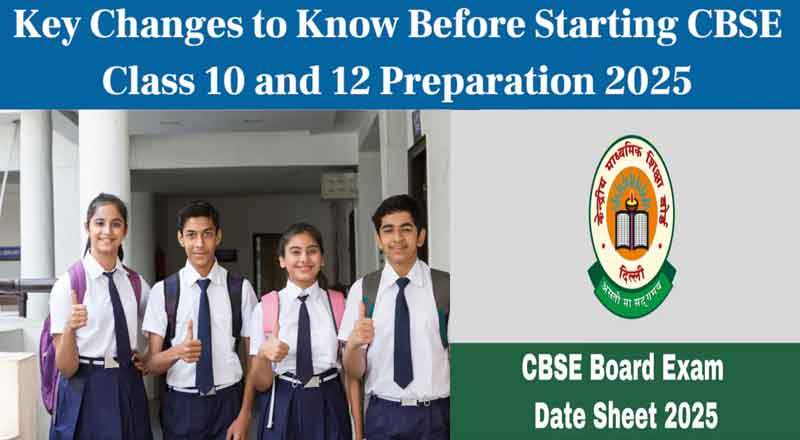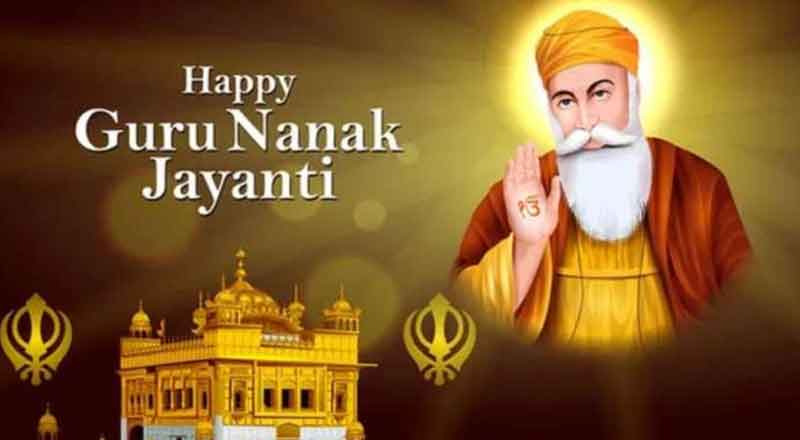The Essence of National Press Day
Observed annually on November 16, National Press Day commemorates the establishment of the Press Council of India (PCI) in 1966. It celebrates the pivotal role of the press as the “fourth pillar of democracy”, instrumental in holding power accountable and ensuring the free flow of information. In a vibrant democracy like India, the press serves as a vital bridge between the government and its citizens, championing transparency and truth.
This year’s theme, “Changing Nature of the Press,” underscores the evolving challenges faced by the media amidst technological advancements and the rise of digital platforms.
The Constitutional Foundation of Freedom of Speech
Guaranteed by Article 19(1)(a):
The right to freedom of speech and expression is enshrined in Article 19(1)(a) of the Indian Constitution. This fundamental right underpins India’s democratic framework, allowing individuals and the press to voice opinions, publish, and disseminate information freely.
Reasonable Restrictions Under Article 19(2):
Freedom of speech, however, is not absolute. Article 19(2) permits restrictions on grounds such as national security, public order, decency, and morality. This ensures a balance between individual liberty and societal interests.
Role and Function of the Press Council of India
Safeguarding Press Freedom:
The Press Council of India (PCI), established under the Press Council Act, is a statutory body tasked with preserving the freedom of the press and promoting ethical journalism. It acts as both a watchdog and an adjudicatory authority for media-related issues.
Structure and Responsibilities:
Comprising a chairman and 28 members, the PCI ensures adherence to journalistic standards. Its self-regulatory framework is a hallmark of Indian media, fostering accountability without government interference.
Challenges Facing the Media
Navigating New Media:
The advent of digital platforms and social media has transformed the media landscape. While these platforms democratize information dissemination, they also pose significant challenges, such as the proliferation of fake news and the erosion of traditional gatekeeping mechanisms.
Fake News vs. Freedom of Speech:
The rise of misinformation disguised as news undermines journalistic integrity and public trust. Fake news not only threatens the credibility of media institutions but also risks polarizing society by amplifying biases and prejudices.
Responsibilities of the Press
Protection of Journalistic Freedom:
On National Press Day, the focus also rests on protecting journalists’ rights to report freely. The PCI plays a critical role in upholding the constitutional guarantees of free speech and shielding the press from undue influence.
Balancing Freedom with Responsibility:
The Indian media carries the responsibility of ensuring that its reporting is fair, accurate, and unbiased. Exercising freedom responsibly is crucial to maintaining public trust and fostering informed citizenship.
Global Context of Press Freedom
World Press Freedom Day:
Celebrated on May 3, this global observance underscores the importance of press freedom worldwide. It serves as a reminder to governments to uphold their commitment to safeguarding media independence.
World Press Freedom Index:
India’s performance in the World Press Freedom Index, published by Reporters Without Borders, reflects ongoing challenges. Despite a slight improvement in ranking to 159th out of 180 countries, there is considerable scope for strengthening press freedoms.
A Day to Reflect and Reinforce
National Press Day is a reminder of the media’s vital role in shaping a robust democracy. As the “fourth pillar,” the press must continually adapt to the changing landscape while upholding its core principles of truth and accountability.
For citizens, the occasion is an opportunity to reflect on the indispensable role of free speech and an independent press in preserving democratic values. As technology reshapes journalism, safeguarding the delicate balance between freedom and responsibility will be key to ensuring a media ecosystem that empowers society and strengthens democracy.
(With inputs from agencies)





